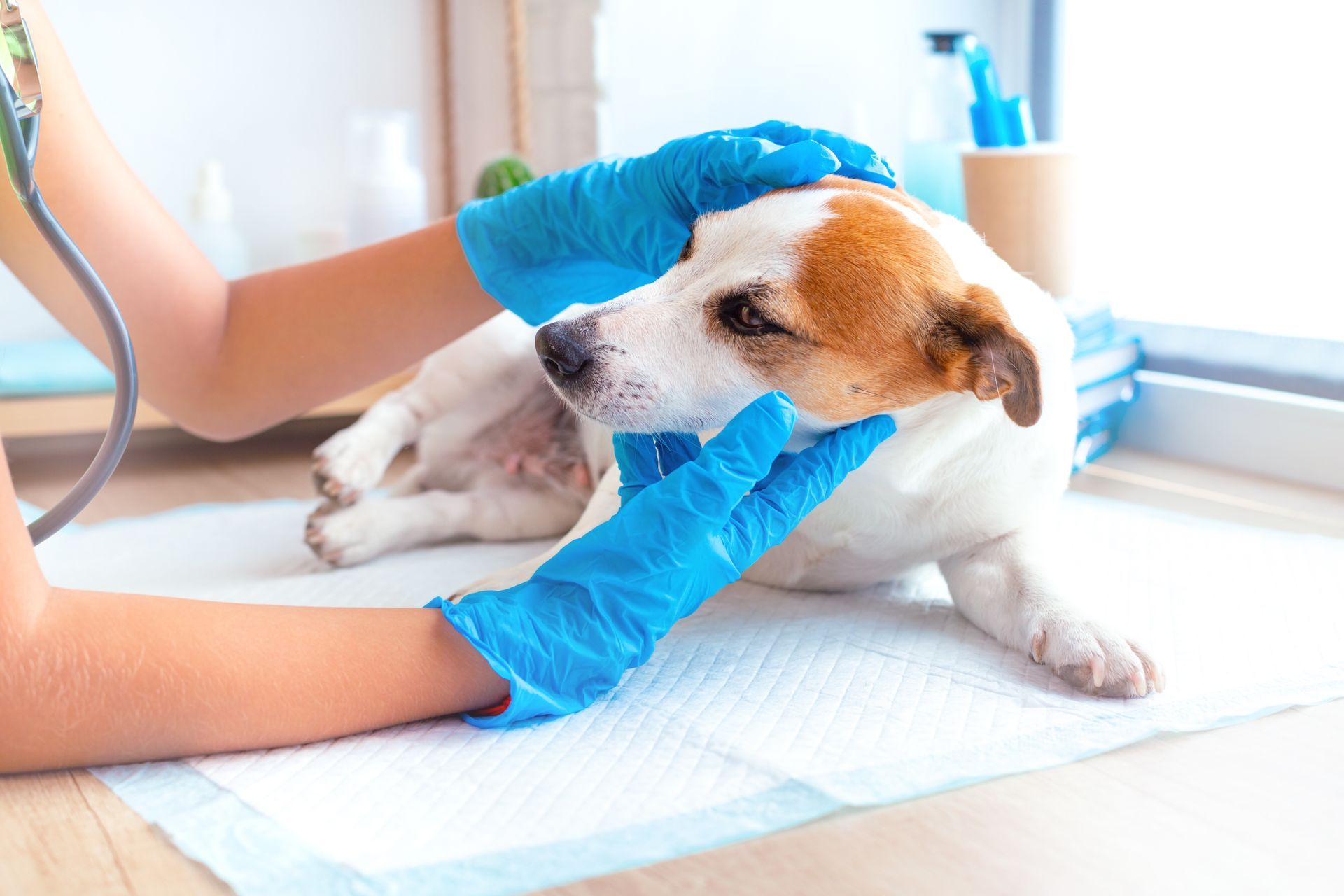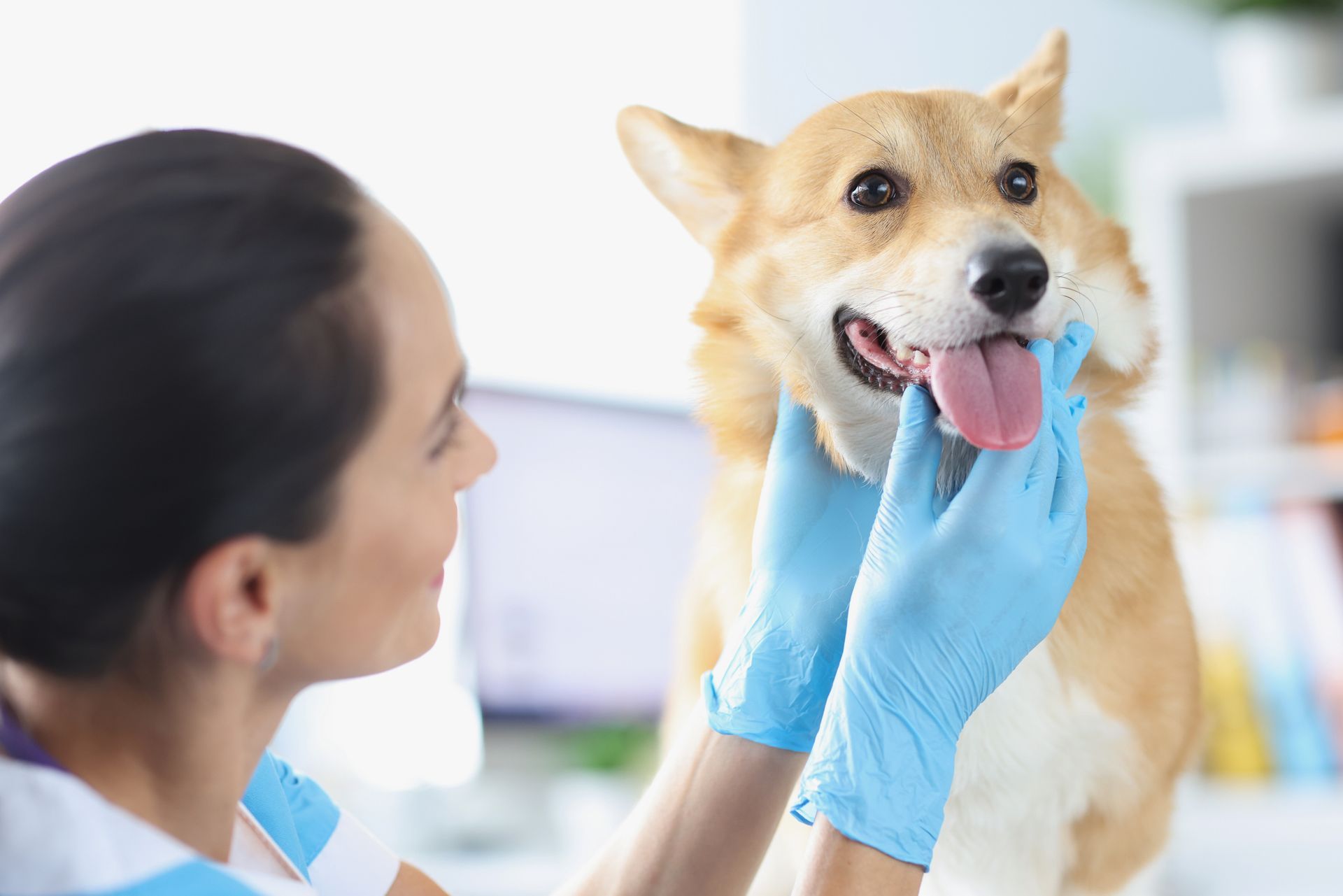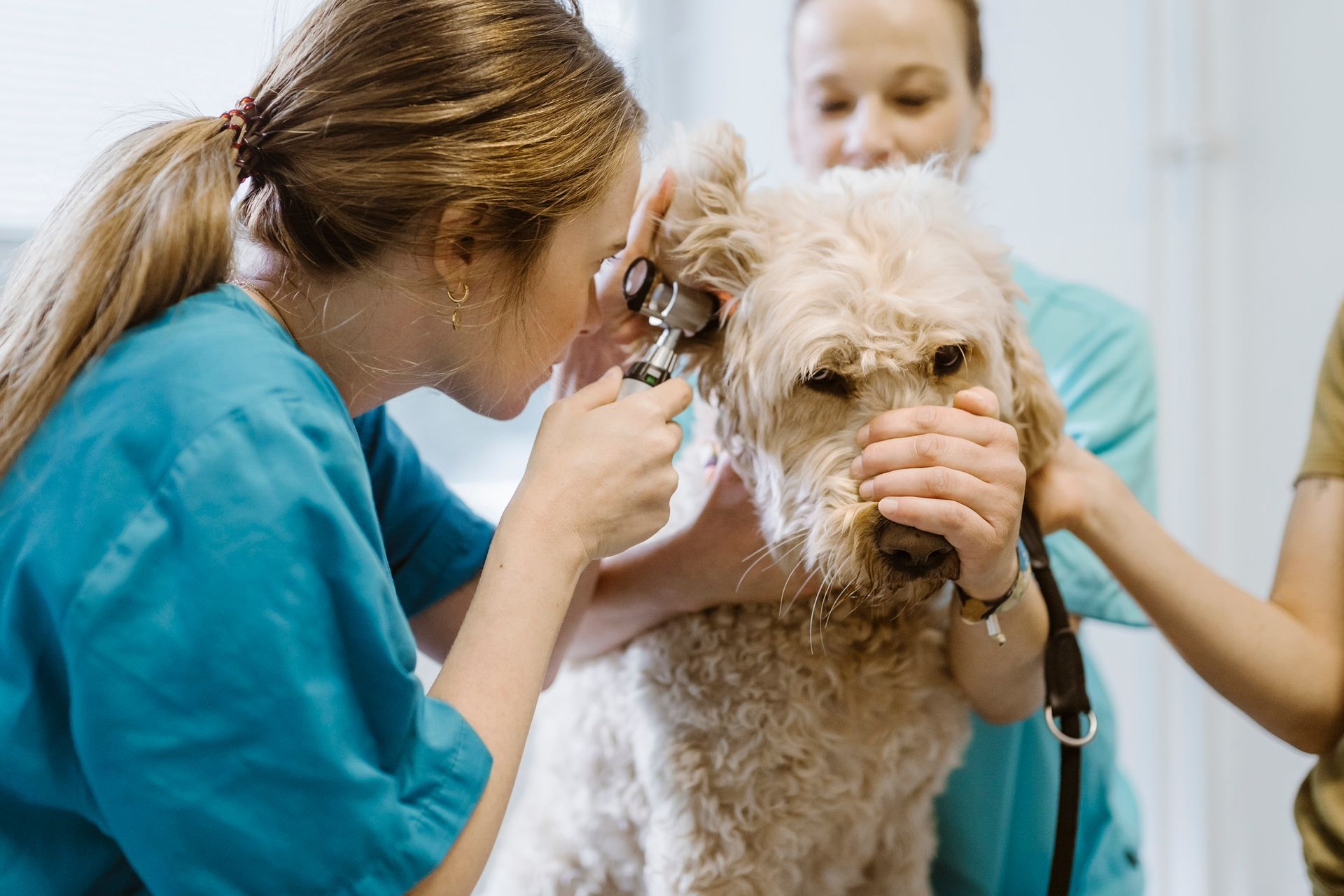Beach Tips for You and Your Dog
Hot sun, warm sand, cool water, and your dog are the perfect elements for a fun beach day. Whether you live near the beach or are planning a vacation to a new area, you can both treasure the trip. To ensure safe, pet-approved, and worry-free fun in the sun, follow these handy tips and tricks before you bolt to that beach.
Choose Your Location
Not every beach is approved for pets, so make sure to research the area to locate a dog-friendly beach. Some allow dogs all day, while others have special hours reserved for canine guests. Look online or contact the local visitor's bureau to find location suggestions. Mind the leash laws for the area, as well. Some have length guidelines. Many do allow off-leash play and swimming.
Pack Your Supplies
Bathing suit? Check. Sunglasses? Check. Ice cold beverage? Check. You know how to ready yourself for the beach. Here's a helpful list when packing for your pooch:
- Water . Even if you're visiting a freshwater beach, make sure to pack cool water and a dish. If you get thirsty, chances are your dog will, too!
- Shade . A beach umbrella or shelter is essential to offer a cool place for your dog to lie down.
- Cooling mat . Consider bringing a pet cooling mat as a place to rest off the hot sand. Many products contain cooling gels or allow you to wet them down.
- Pet sunscreen . Do not use sunscreen designed for humans, as these often contain zinc and titanium oxide, which are harmful for your pet. Several waterproof sprays, lotions, and balms specifically for dogs are on the market. Apply to nose, snout, elbows, underbelly, and any other exposed skin.
- Paw wax . When visiting a beach during the day, you probably rely on your flip flops to keep your feet safe from the hot sand. Likewise, protect your dog's paws with a paw wax or balm to shield them from scalds, burns, and abrasive sand.
- Life vest . A life vest can help train your dog to swim. It can assist in rough water conditions. Even if your dog is a great swimmer, you may want to utilize a life vest. These are designed to keep your pup's head above water, so they don't swallow too much sea water.
- Toys . Test a variety of fun retrieval floats and throwing toys. Don't forget a favorite chew for some downtime in the shade.
- Doggy-bags . Be a responsible owner and keep the beach clean (and welcoming) for pets and their companions.
The proper supplies will help you make the day fun and safe for your pet.
Hit the Beach
Once you have chosen the perfect location and prepared your supplies, enjoy your day! While at the beach, you can:
- Train beach manners . Beaches provide great new opportunities for socialization! Meet these challenges with enthusiasm, and perhaps some high-value training treats, and your dog will learn beach etiquette.
- Introduce water play
. Water can be great fun, but do not force your pet into the water. Gently encourage your dog. Your pup might take to the water immediately or might be intimidated or even a little frightened. Positive exposure will have dogs loving the beach when they're ready!
- Relax in the shade
. Whether or not your pet loves the water, take time to cool down under some shelter, relax, and drink water.
Be Mindful of Heat Hazards
Overheating is a serious concern in dogs, who can quickly suffer from heat exhaustion and even heat stroke. Learn to recognize the signs of heat distress in dogs, such as excessive panting or drooling, fast breathing, staggering and confusion, and a reddened mouth and tongue.
When you spend time out in the sun, always provide shade and water. Monitor your dog to ensure they are properly relieved. If you have any concerns or fear your pet has suffered heat stroke, bring them to a veterinarian for an assessment.
Enjoy some fun in the sun this summer! Our staff at Baywood Animal Hospital can help with any questions and make sure your dog is prepared for a lifetime of beach-y adventures.











